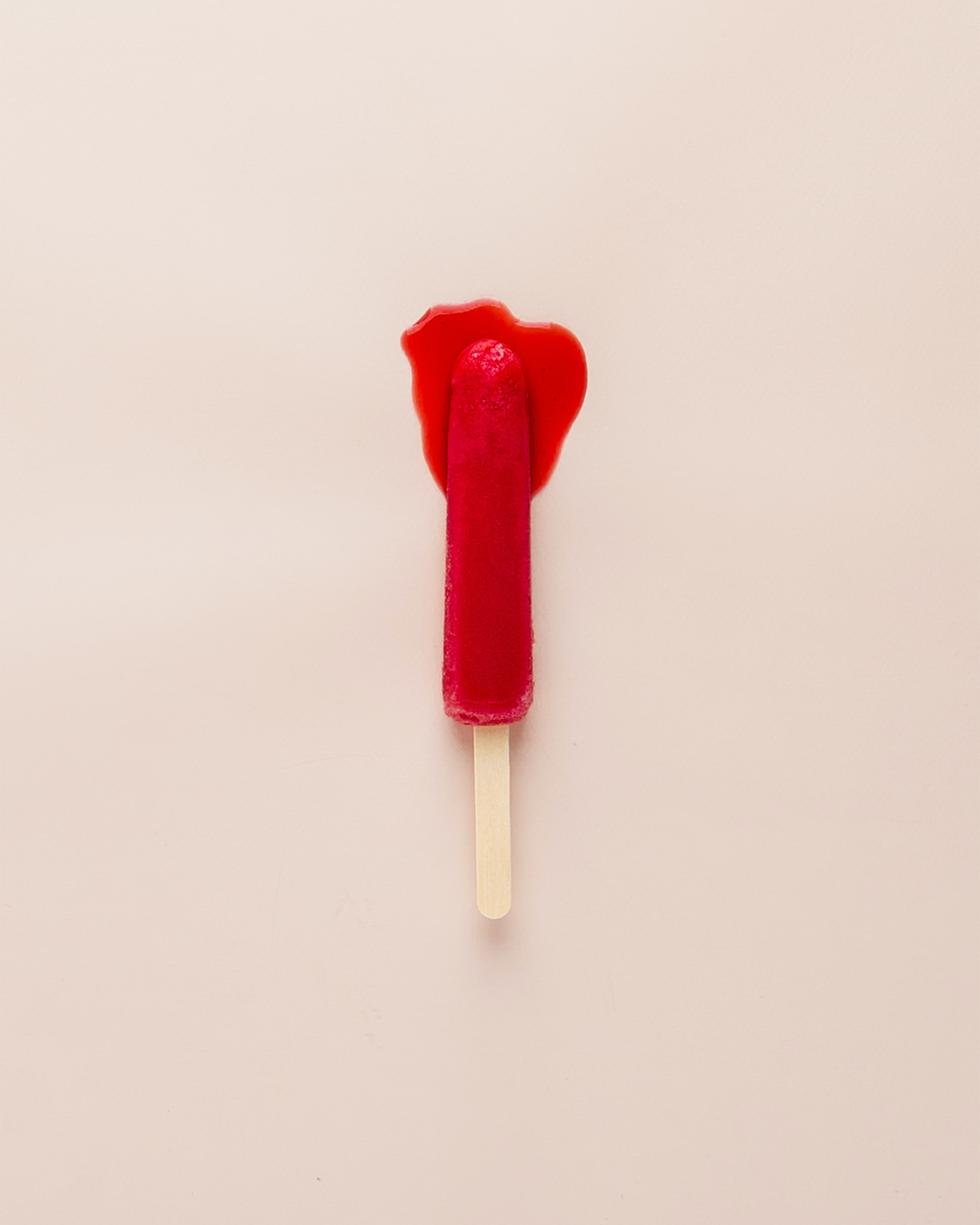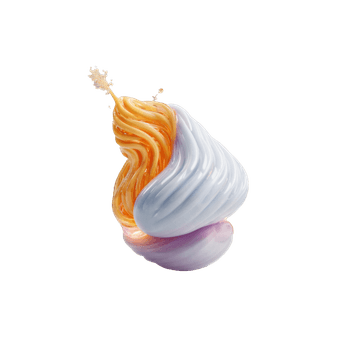What is Follicular Phase and when does it start?
The follicular phase is the first part of the menstrual cycle and lasts about two weeks on average. To make it very clear, menstruation is the start of the follicular phase, it begins on the first day and lasts until ovulation (about 14 days), which in turn is the center of the reproductive cycle. During the follicular phase, several important processes start in the body that primarily have a hormonal impact.
What happens in the body during the follicular phase
The follicular phase begins with the development of several follicles in the ovaries, simply egg development. Follicles are small fluid-filled sacs in the ovaries that contain immature eggs or egg cells. Every woman is born with a certain number of eggs that appear in the form of immature follicles in the ovaries. During the follicular phase, follicles develop but usually only one of them matures into a fully mature egg that becomes ready for ovulation. In summary, the following events occur during the follicular phase:

Egg maturation
The ovaries begin to produce immature egg cells (follicles) that begin to develop into a fully mature egg.
Increased estrogen production
The ovaries increase the production of the female sex hormone estrogen. The elevated levels of estrogen affect the lining of the uterus (the endometrium), making it thicker and more receptive to a fertilized egg and possible pregnancy.
Hormonal regulation during the follicular phase
The pituitary gland in the brain releases hormones, such as follicle-stimulating hormone (FSH), which stimulate the ovaries to produce follicles as well as estrogen
Preparation for ovulation
During the end of the follicular phase, levels of FSH begin to decrease while estrogen, luteinizing hormone and progesterone increase, and the body prepares for ovulation, which is the next phase of the menstrual cycle.
Hormonal influence in the follicular phase
The follicular phase is also defined as the low hormone phase when the levels of the hormones FSH (follicle stimulating hormone), luteinizing hormone (LH), progesterone and estrogen are relatively low. Estrogen and progesterone tend to increase during the end of the follicular phase in the transition towards ovulation. The relatively low percentage of hormones means that women generally feel symptom-free. Many of the feelings and physical symptoms associated with premenstrual syndrome (PMS), such as breast tenderness, irritability or swelling, are usually less pronounced during this phase.
Some women experience increased energy and motivation during the follicular phase. This can be a direct result of a lower hormone level and the preparation for ovulation. Some women find that their sexual desire or libido is higher during the follicular phase, especially towards the middle of the phase in the transition to ovulation.
It is important to remember that experiences during the menstrual cycle can vary and are highly individual. Some may feel unchanged while others may experience some of the effects mentioned above. It is also common for symptoms to vary from month to month.






















